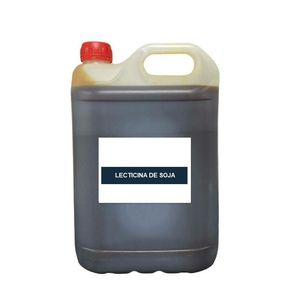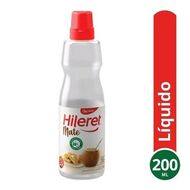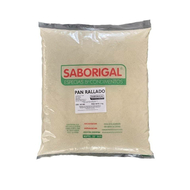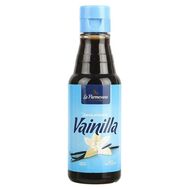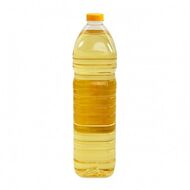What is the Soy Lecithin?
Soy lecithin is a vegetable fat that is obtained from soybeans, although it must be clarified that lecithin is also present in other foods of plant origin. Although you can find it in different preparations, soy lecithin is a totally natural component, formed by certain phospholipids (fats with emulsifying properties) and other polyunsaturated fats that are beneficial for health as a whole.
It is the high content of good fats that makes lecithin a highly energetic food that, in addition, is very healthy when it comes to taking care of vital organs and systems of our body.
Serving 100 g
Nutritional information
Energy value: 800 kcal = 3347 kJ.
Carbohydrates: 8 g.
Proteins: 0 g.
Fiber: 22 g.
Fats: 53 g.
What is soy lecithin for?
Soy lecithin has different uses in the food industry and is also present as a component in different cosmetic products, but, considered as a food in itself, it is the presence of important macro and micronutrients that means that, unless there is some kind of contraindication, it can be included in a balanced and healthy diet, since it is estimated that it can help in the prevention or improvement of certain ailments. Among the properties of soy lecithin and its benefits are:
- Improves blood circulation and contributes to cardiovascular health. Its high content of polyunsaturated fats (35 g / 100 g) gives it beneficial properties when it comes to keeping bad cholesterol at bay, also preventing hypertension. Soy lecithin is rich in Omega 3 and Omega 6 fatty acids, which makes it an ally of cardiovascular health.
- Strengthens the immune system and slows down cellular oxidation. It is another of the great benefits that lecithin can bring to health as a whole. In this case, it is vitamin E that gives it powerful antioxidant properties to 'defend’ our cells from the negative action of free radicals. A more resistant immune system and a cellular tissue protected against premature aging are two benefits that are reinforced by the action of soy lecithin in the body.
- Take care of cognitive function. It is estimated that the phosphorus contained in lecithin contributes to this food playing a neuro-protective function, helping to keep the nervous system in good condition and slowing down possible cognitive deterioration.
- It helps to burn fat. Soy lecithin promotes the correct dissolution and absorption of the fats we ingest, being effective when it comes to avoiding or combating fat accumulations and the thickening of adipose tissue. You can learn more by reading this article about How to take soy lecithin to lose weight.
- Improves physical performance. The combination of carbohydrates and healthy fats make lecithin one of the usual foods or food supplements in the diet of athletes, since it provides extra energy by reducing tiredness and occasional fatigue, being able to improve performance in the performance of a demanding physical activity.
- Laxative effect. Soy lecithin has a mild diuretic and laxative effect that can promote intestinal transit, also being of help when there are problems of fluid retention.
How to take Soy Lecithin?
The easiest way to take soy lecithin is through capsules or granulated or powdered products that you can find in specialized stores. Lecithin can be ingested with some liquid. You can take it granulated with a good glass of water or mix the grains or powders with milk, yogurt, juices, infusions... In addition, it should be remembered that bean sprouts also contain lecithin, so another option may be to get it through them, including them as an ingredient in healthy salad or pasta dishes.
未找到评论
Complete your purchase on Pampa Global
We’ve simplified the checkout process! Orders are now completed through Pampa Global, our new platform that offers:
- Fast and secure checkout
- Extensive international catalog
- Competitive wholesale pricing

